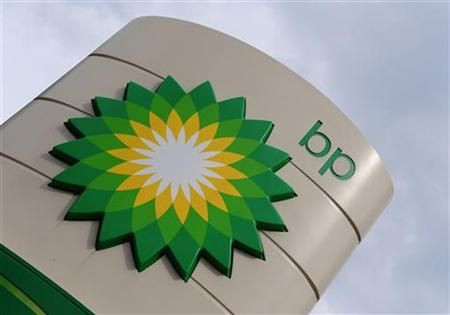BP, Three Years After Gulf Oil Spill, Wins Back Ability To Bid On US Projects Again

Almost four years after BP's Deepwater Horizon rig exploded and sank, spilling nearly 5 million barrels of oil into the Gulf of Mexico and killing 11 people, the U.S. Environmental Protection Agency agreed to let the British oil and gas company (NYSE: BP) do business with the federal government again.
A rule adopted in 2012 banned BP from renewing existing contracts with the military, worth about $2.3 billion then, and from leasing more offshore oil and gas properties from the U.S.
Under the new deal announced Thursday, BP will be able to bid on oil and gas leases, including the next auction for Gulf of Mexico leases on Wednesday.
BP has agreed to tougher safety, operations, ethics and corporate government requirements, the company said. Under the agreement, it will pay an independent auditor for the next five years to conduct annual reviews and report them to the government. The EPA can take corrective action if it believes BP breaches the agreement.
"After a lengthy negotiation, BP is pleased to have reached this resolution, which we believe to be fair and reasonable," said John Mingé, chairman and president of BP America Inc.
"This is a fair agreement that requires BP to improve its practices in order to meet the terms we've outlined together," said Craig Hooks, the EPA's assistant administrator of administration and resources.
The EPA denied government contracts to BP in 2012, after the company had entered a $4.5 billion settlement of criminal and civil charges related to the oil spill. BP did not expect the suspension to last long, so the company sued the EPA in August 2013 for refusing to lift the ban.
EPA officials said in court filings that the agency extended the contract ban because of BP’s behavior during the criminal investigation of the oil spill and two incidents of broken safety pledges, a deadly refinery explosion in Texas and oil pipeline leaks in Alaska.
© Copyright IBTimes 2025. All rights reserved.






















